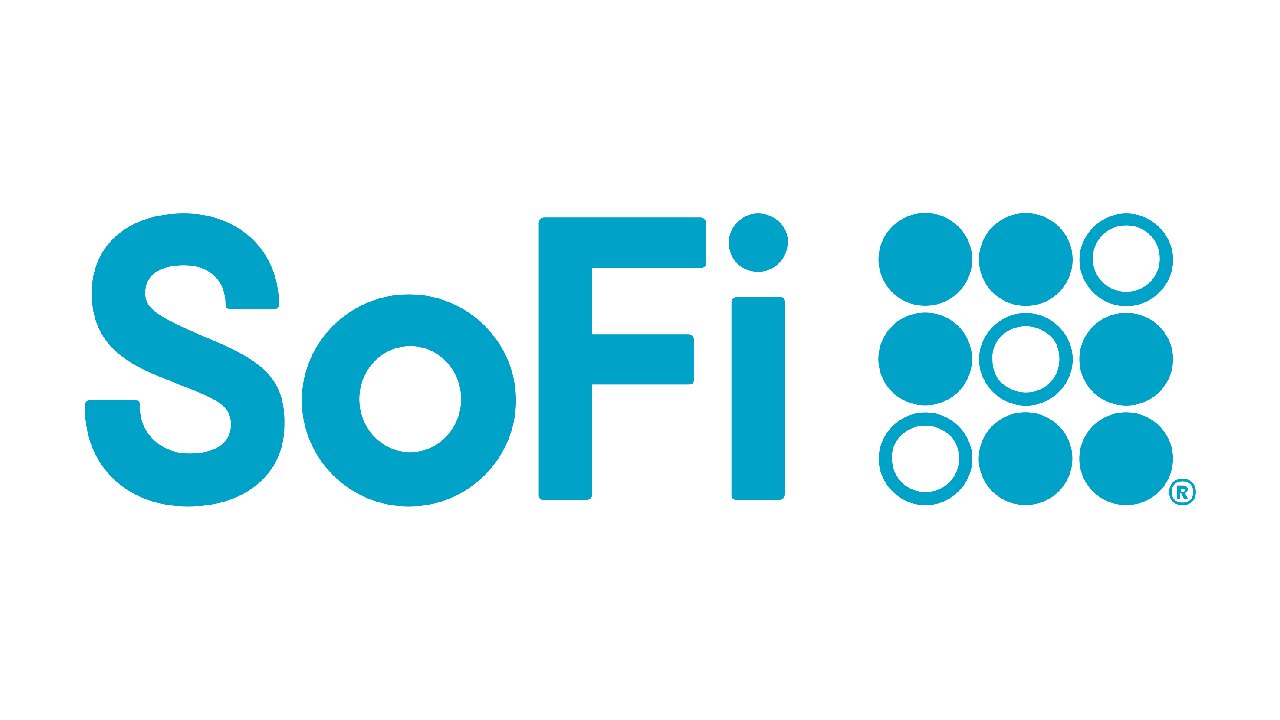Investment Details:
- Investment Date: August 2020 (Pre-IPO)
- Purchase Price: $8.50 per share
- IPO Date: June 2021 (via SPAC merger)
- IPO Price: $20 per share
- Stock High: $22.75 in November 2021
- Founded: 2011
- Total Funding Raised: $2.42 billion (8 rounds)
- Last Private Valuation: $4.8 billion
Our Thesis
By 2020, digital banking was on the verge of a major transformation. The global digital banking market, valued at $5.18 billion in 2019, was projected to exceed $10 billion by 2025 as consumer preferences shifted toward online financial services. Traditional banks struggled to adapt to modern technological demands, creating an opportunity for fintech disruptors to seize market share. We conducted a deep evaluation of leading companies in the space and determined that SoFi presented the best risk/reward opportunity.
Its strong brand, expanding product ecosystem, and innovative approach to personal finance positioned it as a category leader. Through our network, we connected with a former employee willing to sell shares at an attractive price of $8.50 per share, giving us an early stake in a company that was poised for significant growth.
The Industry
The term “neo-bank” gained traction in the mid-2010s, describing financial institutions that operate entirely digitally without physical branches. These companies leveraged AI, machine learning, and mobile-first platforms to deliver a seamless user experience, disrupting the traditional banking model much like Uber transformed ridesharing and Airbnb revolutionized lodging. As consumers increasingly preferred digital-first solutions, companies like SoFi were well-positioned to capture a growing share of the financial services market.
The Company
SoFi was founded at Stanford University in 2011, initially focusing on student loan refinancing by using data science to assess risk and offer borrowers lower interest rates. Over time, the company expanded into a full-scale personal finance platform, offering mortgages, personal loans, auto loans, credit cards, stock trading, insurance, and eventually, full banking services. SoFi’s ability to cross-sell financial products and drive high customer engagement set it apart from competitors.
Since our investment in 2020, SoFi has demonstrated significant growth and resilience. The company secured a U.S. bank charter in 2022, enhancing its ability to offer competitive rates and improve margins. By September 30, 2024, SoFi had surpassed 10 million members, reflecting strong customer adoption. Over this period, members earned 12.5 billion reward points, paid down $33 billion in credit card debt, borrowed $117 billion across various loan products—including $44 billion in refinanced student loans and $9 billion in home loans—and earned over $1 billion in interest on savings. The company also made key strategic acquisitions, including Technisys, a cloud-based banking platform, and Galileo, a payments infrastructure provider. These acquisitions strengthened SoFi’s product ecosystem and differentiated it from other fintech players.
Investment Outcome
SoFi’s IPO in June 2021 at $20 per share marked a major milestone, and by November 2021, the stock had reached a high of $22.75 per share. Despite broader market fluctuations, SoFi continued expanding its product offerings and solidifying its leadership in digital banking. Its ability to grow membership, generate strong loan origination volumes, and expand into new financial services validated our investment thesis. Acuity’s foresight in identifying the trend towards digital banking and investing at the right time, demonstrated our ability to recognize industry shifts and capitalize on them.


